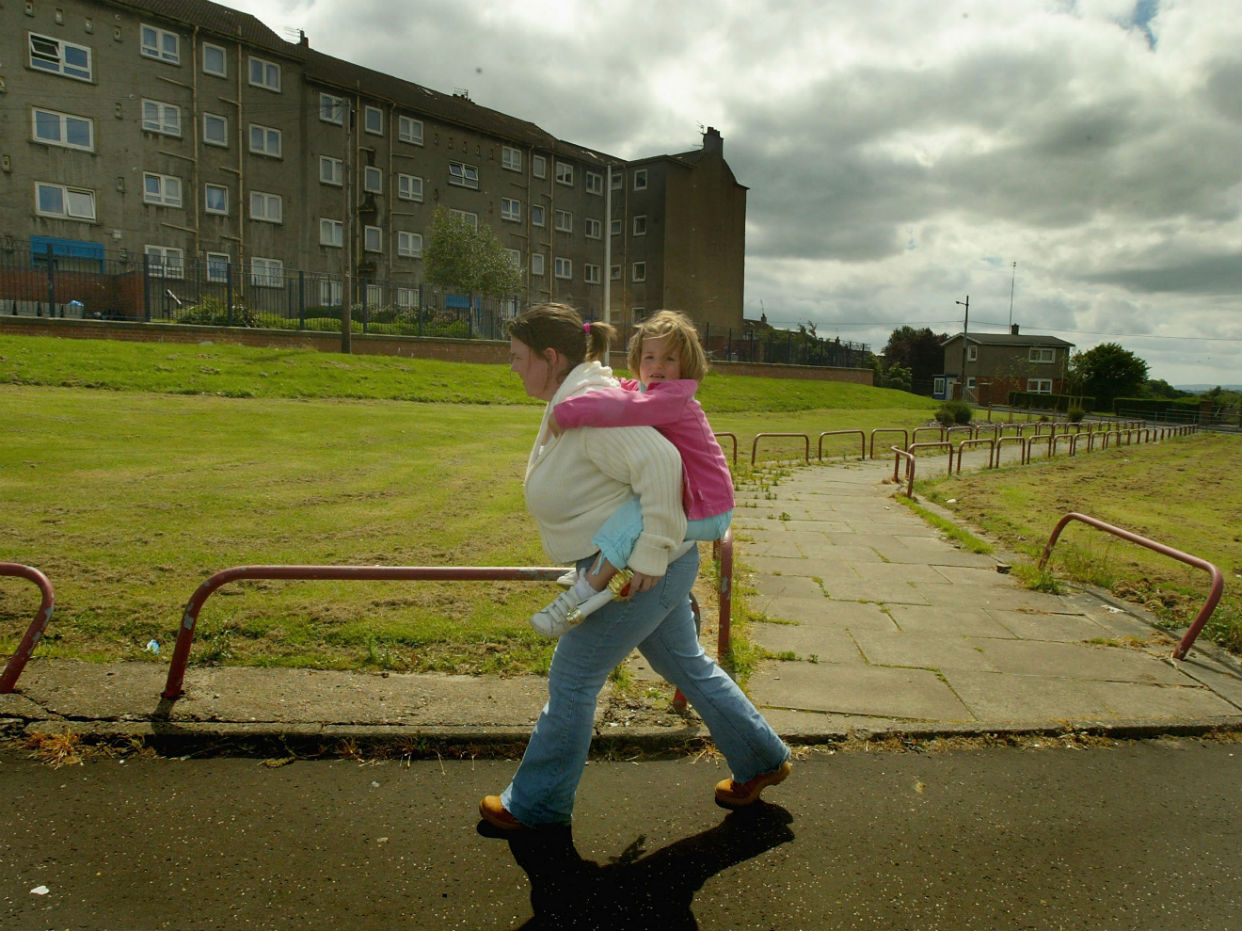Why life expectancy gap between rich and poor in UK is growing
New study reveals low-earners are dying almost ten years younger than more affluent peers

A free daily email with the biggest news stories of the day – and the best features from TheWeek.com
You are now subscribed
Your newsletter sign-up was successful
The life expectancy gap between the UK’s rich and poor has widened to almost a decade, new research has found.
And despite an overall increase in how long people are living, the lifespans of women in the most deprived areas of England is shrinking, reports The Independent. The researchers, from Imperial College London, examined data from the Office for National Statistics (ONS) on millions of people who died between 2000 and 2016.
The average life expectancy for women from the UK’s poorest areas was 79 in 2016, while women from the UK’s most affluent postcodes had an average life expectancy of 87 years old - a difference of eight years. In 2001, the gap stood at six years.
The Week
Escape your echo chamber. Get the facts behind the news, plus analysis from multiple perspectives.

Sign up for The Week's Free Newsletters
From our morning news briefing to a weekly Good News Newsletter, get the best of The Week delivered directly to your inbox.
From our morning news briefing to a weekly Good News Newsletter, get the best of The Week delivered directly to your inbox.
And life expectancy for women in the poorest 20% of the country actually declined after 2011, by almost three months, says The Guardian.
Among men, life expectancy amongst the poorest was 74, compared with 84 in the wealthiest communities - a ten-year gap. That marks a one-year increase in the divide since 2001, according to the study findings, published in the Lancet Public Health Journal.
Overall, the average UK life expectancy is 82.9 years for women and 79.2 for men.
“The poor are suffering across the board,” said study author Majid Ezzati, a professor of global environment health, who has led a similar study in the US that also revealed a shorter life expectancy amongst the poor.
A free daily email with the biggest news stories of the day – and the best features from TheWeek.com
Ezzati attributed the widening gap in the UK to a “perfect storm of factors that can impact health”.
“Working income has stagnated and benefits have been cut... The price of healthy foods like fresh fruit and vegetables has increased relative to unhealthy, processed food, putting them out of the reach of the poorest,” he said.
In addition, deprived communities are not receiving the same level of medical care as wealthier areas, a problem exacerbated by issues such as the gig economy, claims Ezzati.
“The funding squeeze for health and cuts to local government services since 2010 have had a significant impact on the most deprived communities, leading to treatable diseases such as cancer being diagnosed too late, or people dying sooner from conditions like dementia,” he explained.
Shadow health and social care secretary Jonathan Ashworth said the findings “should act as an urgent wake-up call for ministers ahead of the long-term NHS plan”. A strategy is currently being developed that will determine the course of the health service over the next decade.
Earlier this year, the ONS revealed that life expectancy had stopped increasing in the UK for the first time since records began in 1982.